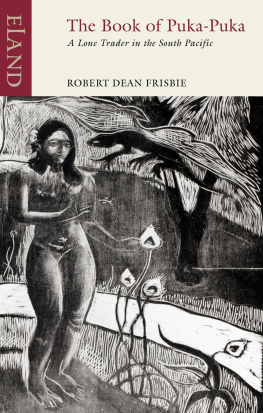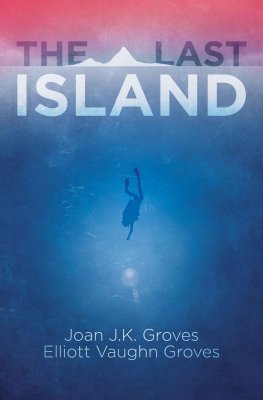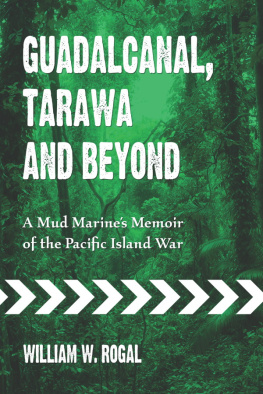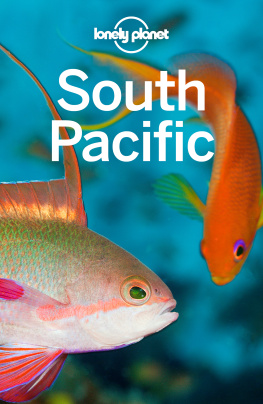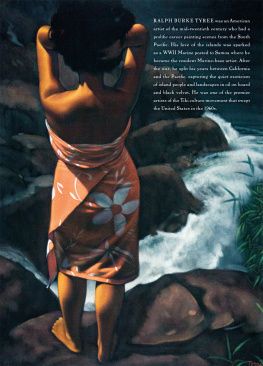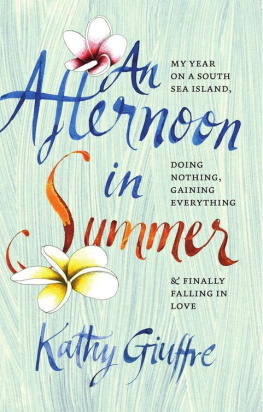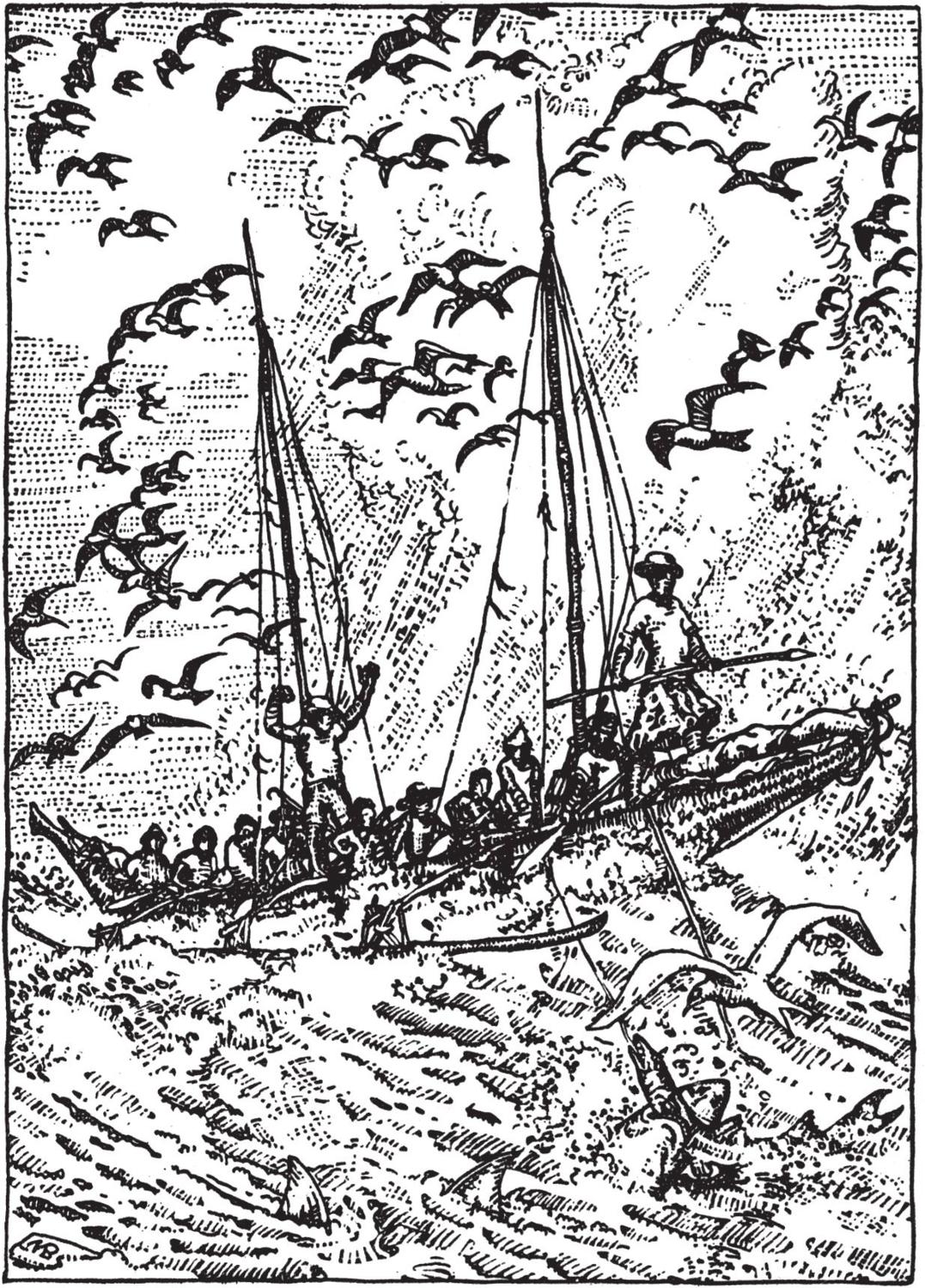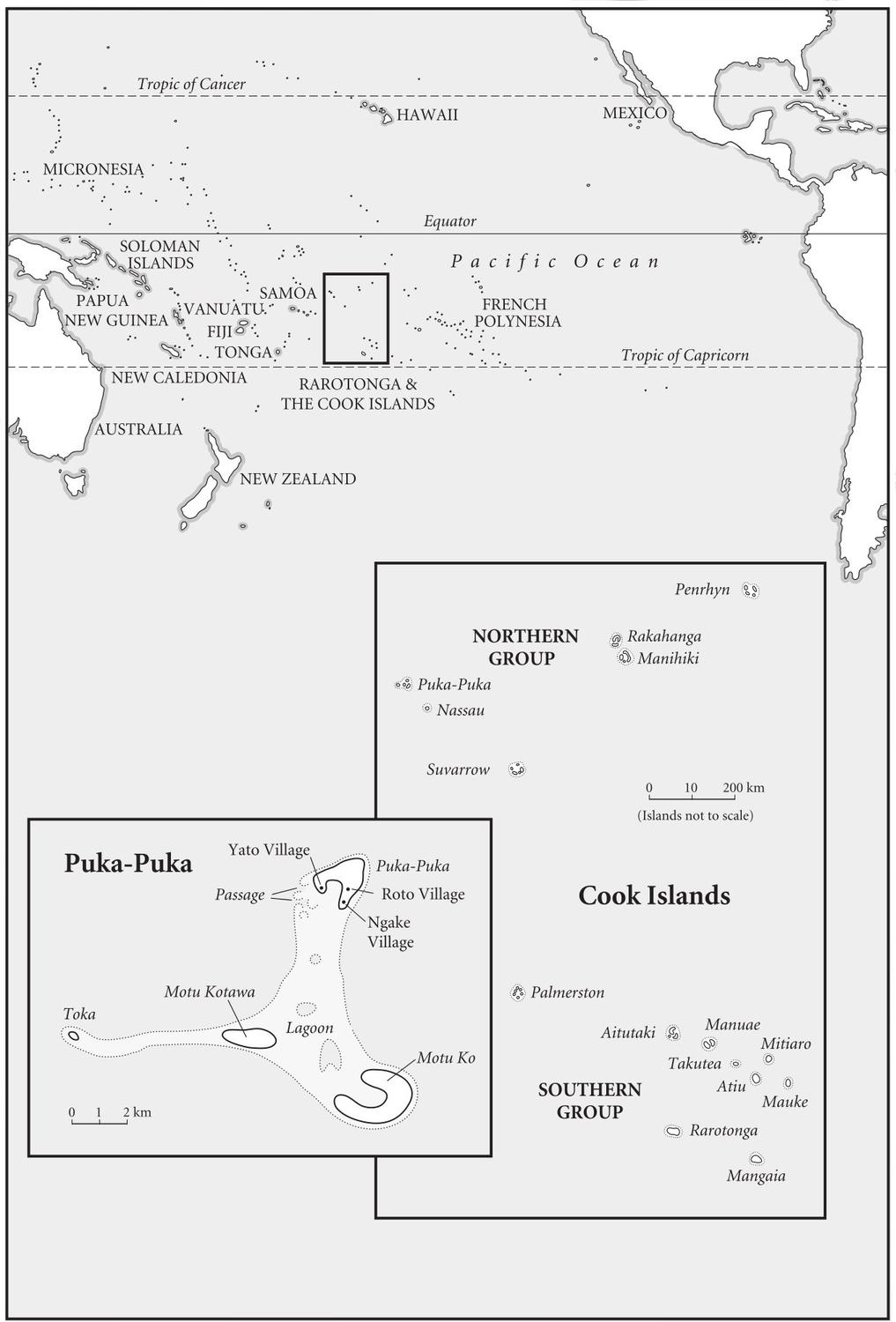Robert Dean Frisbie - The Book of Puka-Puka: A Lone Trader in the South Pacific
Here you can read online Robert Dean Frisbie - The Book of Puka-Puka: A Lone Trader in the South Pacific full text of the book (entire story) in english for free. Download pdf and epub, get meaning, cover and reviews about this ebook. year: 2019, publisher: Eland Publishing, genre: Detective and thriller. Description of the work, (preface) as well as reviews are available. Best literature library LitArk.com created for fans of good reading and offers a wide selection of genres:
Romance novel
Science fiction
Adventure
Detective
Science
History
Home and family
Prose
Art
Politics
Computer
Non-fiction
Religion
Business
Children
Humor
Choose a favorite category and find really read worthwhile books. Enjoy immersion in the world of imagination, feel the emotions of the characters or learn something new for yourself, make an fascinating discovery.
- Book:The Book of Puka-Puka: A Lone Trader in the South Pacific
- Author:
- Publisher:Eland Publishing
- Genre:
- Year:2019
- Rating:3 / 5
- Favourites:Add to favourites
- Your mark:
The Book of Puka-Puka: A Lone Trader in the South Pacific: summary, description and annotation
We offer to read an annotation, description, summary or preface (depends on what the author of the book "The Book of Puka-Puka: A Lone Trader in the South Pacific" wrote himself). If you haven't found the necessary information about the book — write in the comments, we will try to find it.
In 1924, Robert Frisbie arrived on the island of Puka-Puka, one of the most remote in the South Pacific, to run a trading post. Within months he had learned the language and become absorbed into the ways of its ancient, indigenous community fishing, picnicking, swimming, sleeping and falling in love. Fortunately for us he also had a pitch-perfect ear for stories.
Before the book is done, we feel the power of the surf and the coral reefs, hear death chants and witness thirty torch-lit canoes setting out to net flying fish at night. Frisbies interest in and love for the culture of this island and its inhabitants are infectious.
Robert Dean Frisbie: author's other books
Who wrote The Book of Puka-Puka: A Lone Trader in the South Pacific? Find out the surname, the name of the author of the book and a list of all author's works by series.

